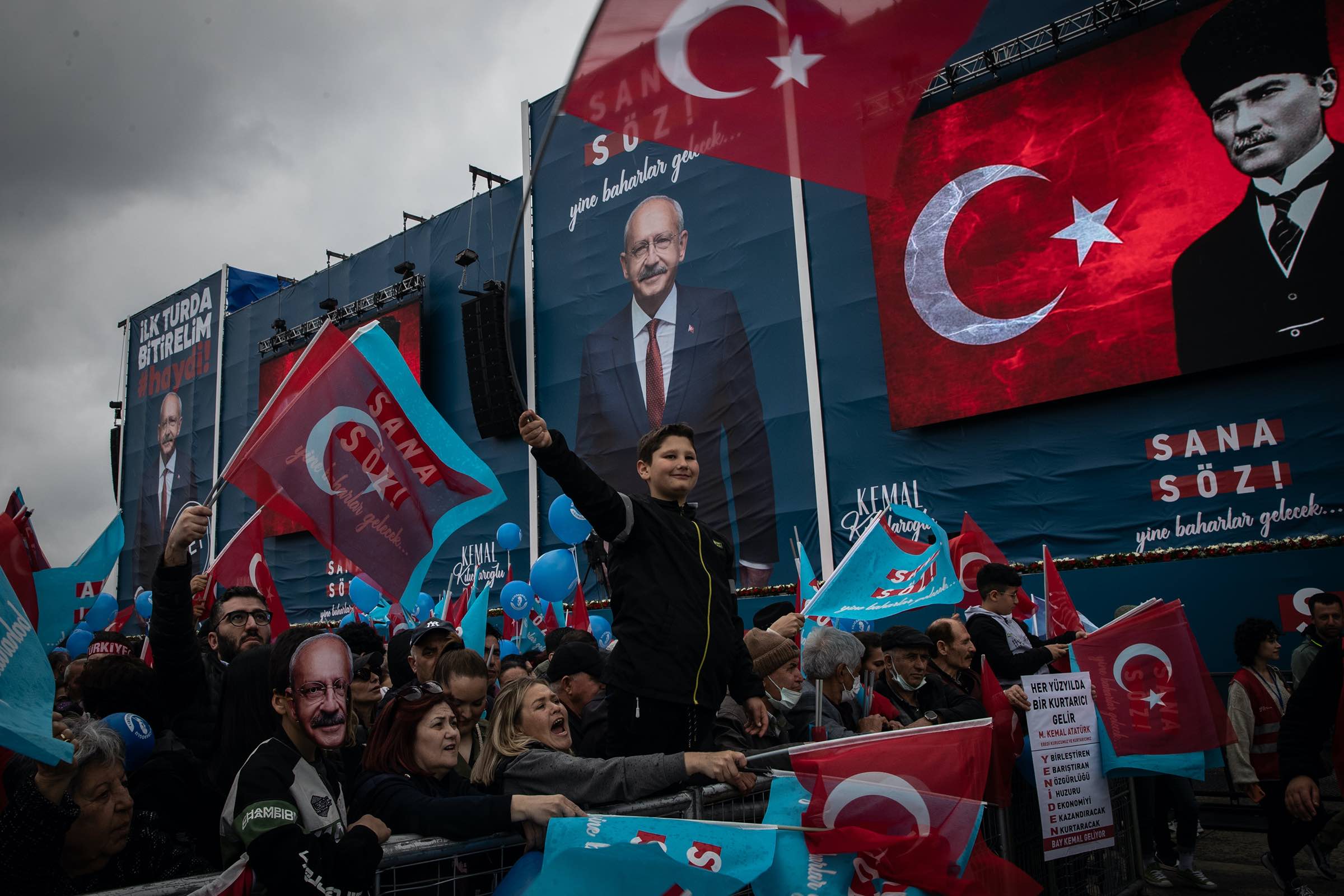Omar Samir – Ph.D. student in political science at Istanbul University
Hanin Saad al-Jubouri – master’s student at Istanbul’s Gresham University
Introduction:
The historical relations between Turkey and Iraq, and the bonds of religion, culture, and economy stretch back hundreds of years, and some pillars have maintained their strength from their inception to the present. Naturally, the Tigris and Euphrates are the common denominators between the two States, and, just as they feed their territories, they are also a common eternal economic bond. (367) km, especially since the Turkish mind views Iraq as the home of science and scholars, as evidenced by the Turkish ideal circulating among Turks (Keep asking you’ll find the answer in Baghdad) This is also noted by the most famous street labels of Istanbul in Turkey called Baghdad Street.
However, these relations were marred by apathy and a difference in attitude towards the Kuwait War in 2005. (1990), until the fall of the former Iraqi regime and the occupation of Iraq by a Turkish ally, the United States of America, and the rise of the Justice and Development Party Recep Tayyip Erdogan, with a modern Islamic tendency to rule in Turkey, changed the course of affairs and the policies of the countries of the region, creating a positive turn in Iraq-Turkey relations, which paved the way for the development of relations between the two countries horizontally and vertically.
The Iraqi Prime Minister (Mohammad Shiaa al-Sudani) recently paid a fruitful visit to Turkey from 21-22 March 2022, at the invitation of the President of the Republic, Mr. Recep Tayyip Erdogan. During the official meetings, bilateral relations between Turkey and Iraq were discussed in all their aspects and at all levels, as well as steps to strengthen cooperation between the two countries in various fields, in particular the fight against terrorism, the reconstruction of Iraq, and cooperation in the areas of trade and energy. In 2008, Turkey established the High-level Strategic Cooperation Council with Iraq, the first between Turkey and neighboring countries. In 2009, Iraq and Turkey signed the Iraq-Turkey Strategic Cooperation Council under the auspices of former Prime Minister Nuri al-Maliki and his Turkish counterpart Recep Tayyip Erdogan (48) Agreement Al-Maliki declared, according to the statement of the Prime Minister’s Media Office, that “Erdogan was discussed in many political matters and it was emphasized what had been previously agreed to continue fighting terrorism and combating the terrorist activity of the PKK, the remnants of the Baath Party and all organizations that do not want stability in the region.”
In December 2014, Iraq and Turkey signed a memorandum of understanding in the area of water, containing 12 articles, most notably the importance of cooperation in the management of the water resources of the Tigris and Euphrates rivers, and the determination of the water share of each country in the waters of the two rivers.
In this context, this paper seeks to analyze possible scenarios for the current elections, how will Iraq-Turkey relations be affected by the results of those elections? What is the nature of its impact on Iraqis inside Turkey through the following points:
The most important problems in relationships are the Kurdish issue, border security, and the water issue, which are present in the political discourses of the main Turkish parties and their electoral alliances.
For example, the presidential candidate of Turkey ‘ To shake up Turkey’s political landscape as the presidential and parliamentary elections to be held next May 14 approaches. Klicdaroglu is mainly counting on the Kurdish party’s support for him to boost his chances of defeating President Recep Tayyip Erdogan in the presidential election. Leaks are indicating a close relationship between the opposition alliance led by Oglu and the PKK, and these indicate a different policy towards the party in northern Iraq and Syria, based on understandings with the United States of America and on its relationship with Salah Aldiyn Dimirtash, who has a strong relationship with the PKK.










